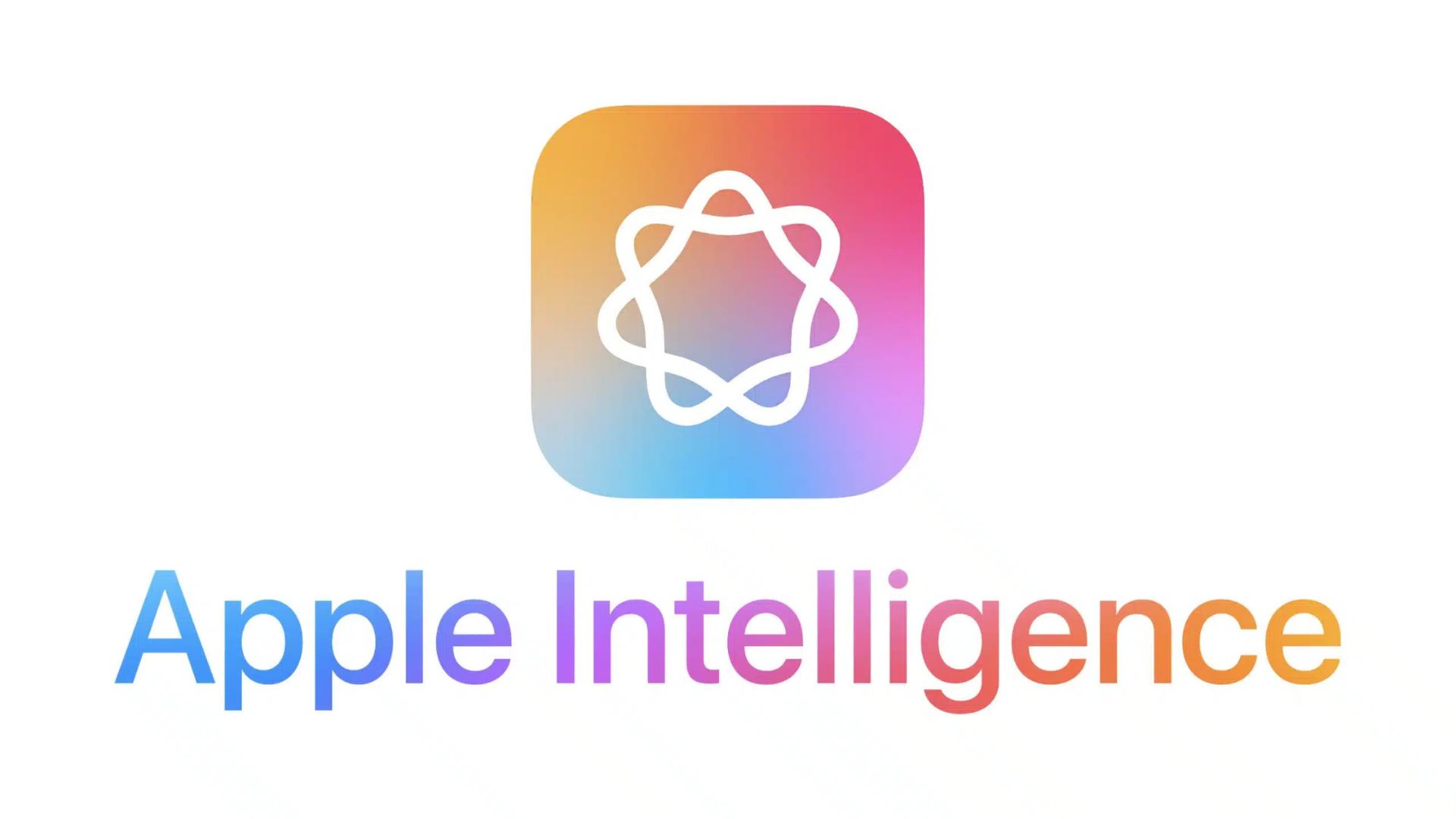Cupertino, California – Apple has made a bold move by enabling its AI-powered assistant, Apple Intelligence, as the default setting in the latest iOS 18.3 and macOS 15.3 updates. The decision marks a significant shift in Apple’s approach to artificial intelligence, aiming to deliver a more intuitive and seamless user experience across its ecosystem. However, the change has sparked debate among users and privacy advocates.
The Apple Intelligence feature, first introduced as an optional tool in earlier software versions, uses advanced AI algorithms to analyze user habits, automate tasks, and offer personalized suggestions. According to The Verge, Apple has now set the feature to “on” by default, ensuring all users benefit from its capabilities unless they manually disable it.
Streamlining User Experience
Apple Intelligence integrates with core system features like Siri, Safari, Mail, and iMessage, enhancing productivity and efficiency. For example, the AI can pre-schedule emails based on user habits, suggest calendar events from email threads, and surface contextually relevant information in real-time. Trusted Reviews highlighted how these updates aim to streamline workflows, making the operating systems smarter and more user-centric.
Privacy Concerns Emerge
While the feature promises convenience, its default activation has raised eyebrows among privacy advocates. Critics argue that enabling Apple Intelligence by default could increase data collection and blur the lines between on-device processing and cloud-based storage. The Register noted concerns that users may not fully understand how their data is used, despite Apple’s assurances of transparency.
Apple has reiterated its commitment to privacy, stating that Apple Intelligence processes data locally on the device whenever possible and anonymizes any information sent to its servers. The company emphasized that users retain control, with clear options to disable the feature through system settings.
A Divisive Update
The iOS 18.3 and macOS 15.3 updates have sparked mixed reactions among Apple’s customer base. Early adopters have praised the updates for improving productivity and offering smarter, more responsive devices. On the other hand, some users feel uneasy about the default activation, seeing it as a deviation from Apple’s typically user-first approach.
According to Ars Technica, Apple’s move is part of its broader AI strategy to keep pace with competitors like Google and Microsoft, who have been integrating AI into their products more aggressively. The default activation could help Apple gather more user feedback and refine the system further.
How to Manage Apple Intelligence
Users concerned about privacy or who prefer not to use Apple Intelligence can disable the feature by navigating to the Settings menu on iOS or System Preferences on macOS. Apple has provided detailed instructions for customization, ensuring that users can adjust the level of AI integration to their comfort.
Looking Ahead
As Apple Intelligence becomes an integral part of the Apple ecosystem, the tech giant’s challenge lies in balancing innovation with privacy and user control. The reception of iOS 18.3 and macOS 15.3 will likely shape how Apple evolves its AI offerings in the years to come.







